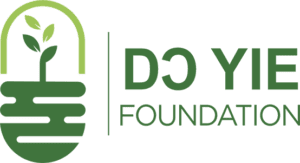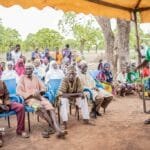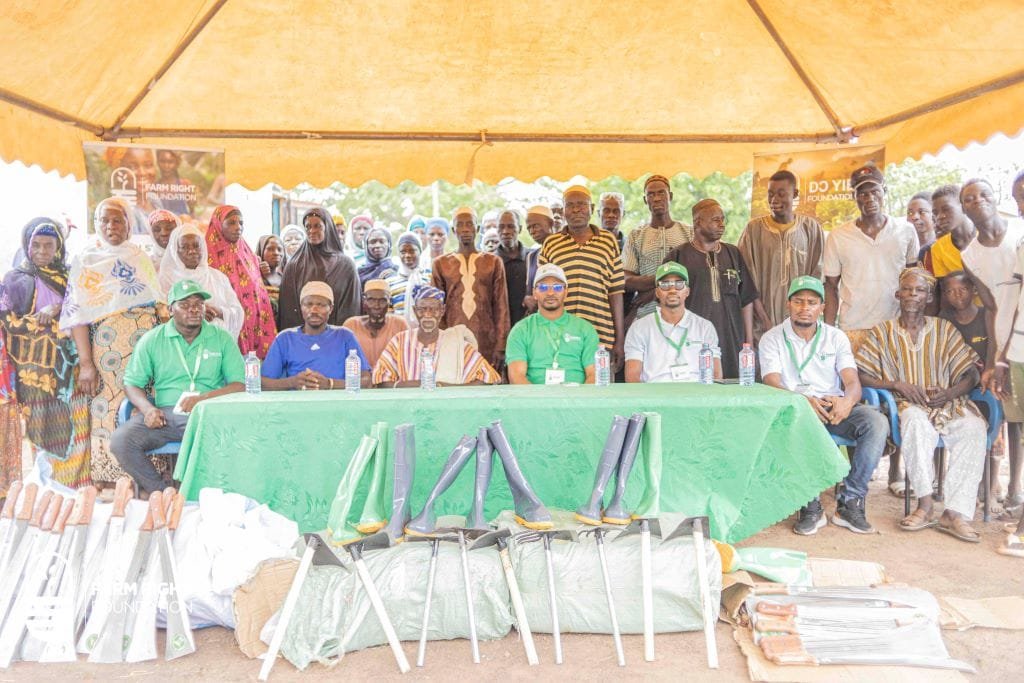
Empowering Farmers in Northern Ghana: Farm Right Foundation’s Impactful Initiative
Farm Right Foundation, a dedicated NGO focused on improving agricultural practices and farmer livelihoods, recently made a significant impact in the northern region of Ghana. The event, held in Tamale within the Tahakpamo and Zietugu districts, saw the distribution of essential farm equipment to local farmers. This initiative was led by the organization’s Co-Founders, Richard Appiah, Director of Finance, and Abdul Aziz Wahab, Director of Operations.
Providing Essential Farm Equipment
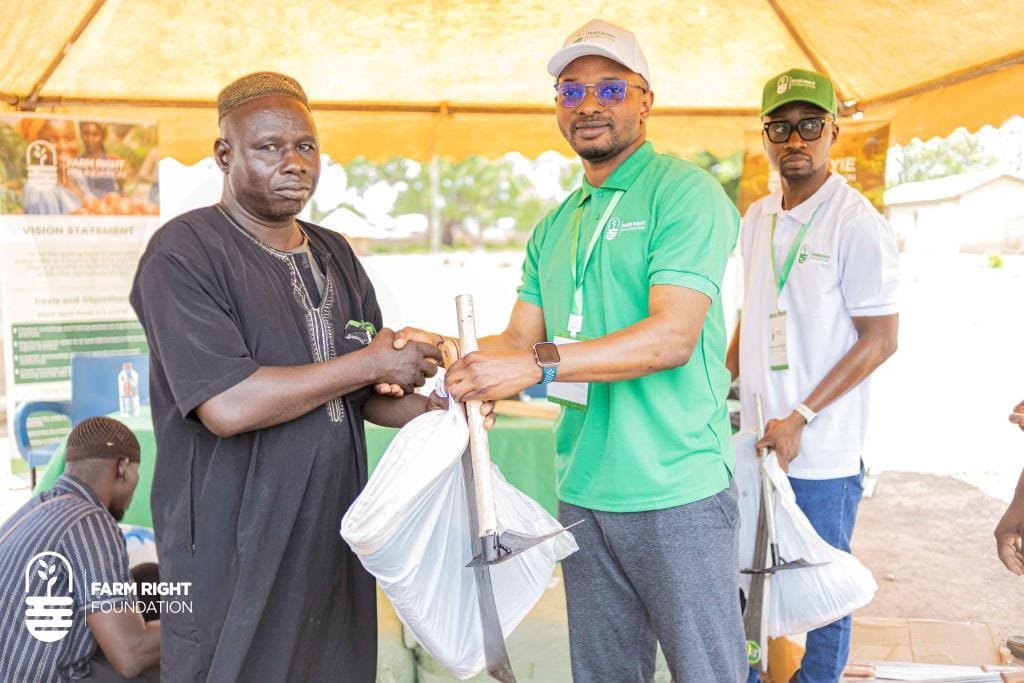
Understanding the crucial role that adequate tools play in farming efficiency and productivity, the Foundation facilitated the donation of various farm equipment to the farmers. This equipment included plows, harrows, seeders, and other vital tools that are expected to enhance farming operations and ultimately improve crop yields. By equipping the farmers with these tools, Farm Right Foundation aims to alleviate some of the challenges faced by smallholder farmers, such as manual labor intensity and inefficiency.
Promoting Organic Farming Practices
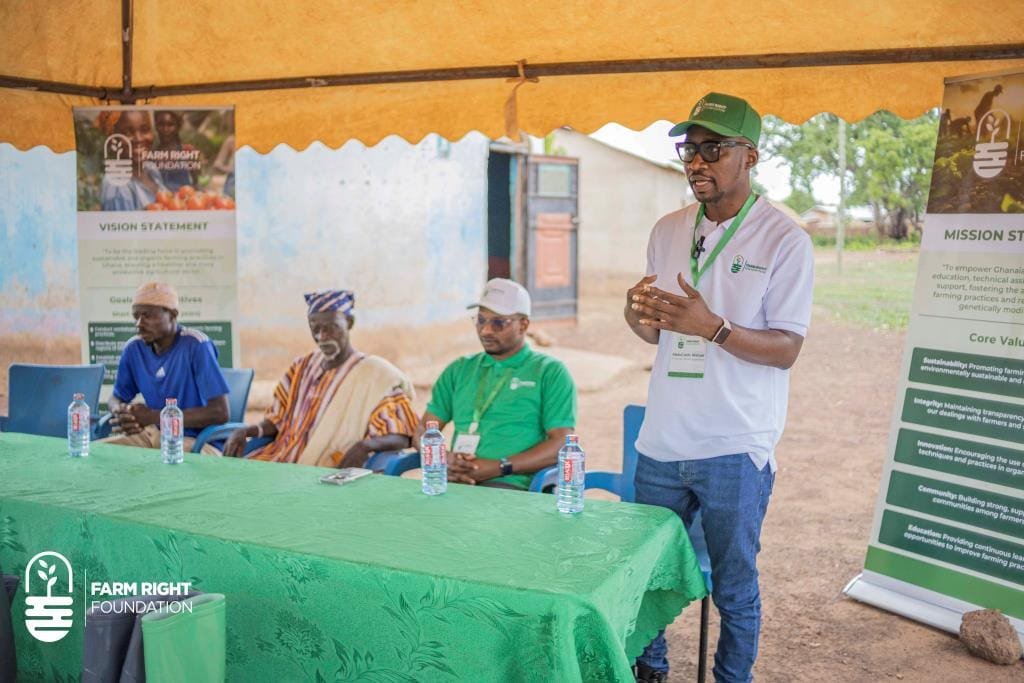
In addition to distributing equipment, the event also focused on educating the farmers about the harmful nature and potential side effects of genetically modified organisms (GMOs). Richard Appiah and Abdul Aziz Wahab took the opportunity to discuss the long-term impacts of GMO use on health and the environment. They emphasized the benefits of organic farming practices, which include healthier soil, better crop quality, and sustainability.
The farmers were encouraged to adopt more organic methods, such as using natural fertilizers and pesticides, crop rotation, and organic composting. These practices not only improve soil health and biodiversity but also ensure that the produce remains free from harmful chemicals, thereby promoting better health for the consumers.
Community Engagement and Future Plans
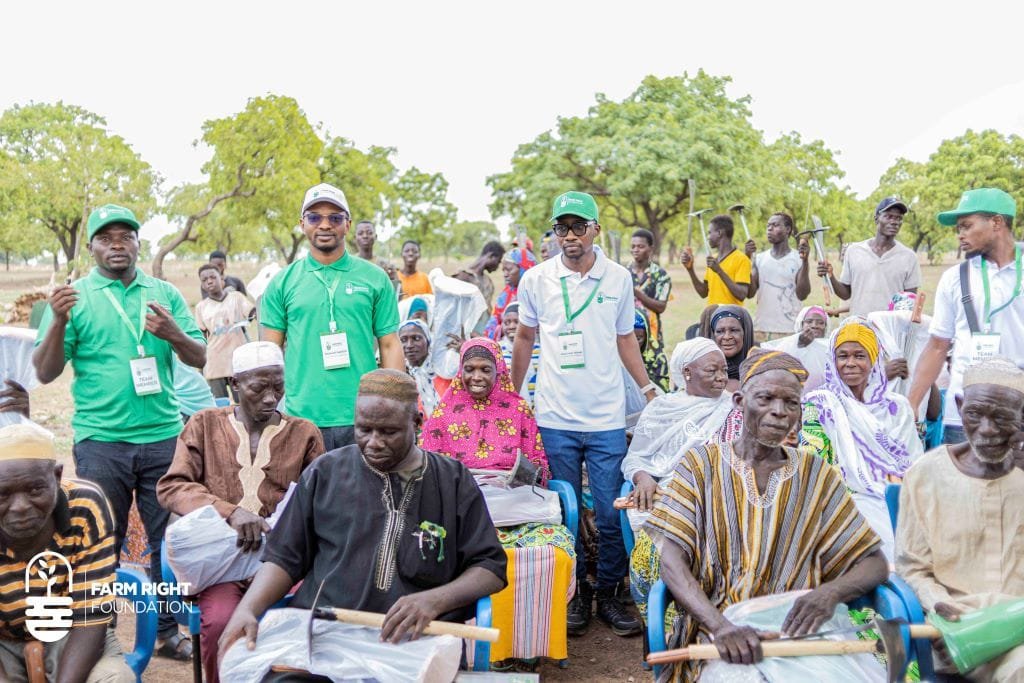
The response from the farmers was overwhelmingly positive. Many expressed their gratitude for the new equipment and the valuable knowledge shared about organic farming. The event fostered a sense of community and mutual support, with farmers sharing their own experiences and tips on sustainable farming practices.
Looking ahead, Farm Right Foundation plans to continue its support for farmers in the region by providing ongoing training and resources. The organization is committed to empowering farmers with the knowledge and tools needed to thrive in a sustainable and environmentally friendly manner.
Conclusion
Farm Right Foundation’s recent initiative in Tamale is a testament to the organization’s commitment to improving the lives of farmers in Ghana. By providing essential equipment and promoting organic farming practices, Farm Right Foundation is helping to create a more sustainable and prosperous future for the agricultural community in the Tahakpamo and Zietugu districts. The leadership and dedication of Richard Appiah and Abdul Aziz Wahab have been instrumental in driving this positive change, and their efforts are paving the way for a healthier and more sustainable farming landscape in Ghana.
